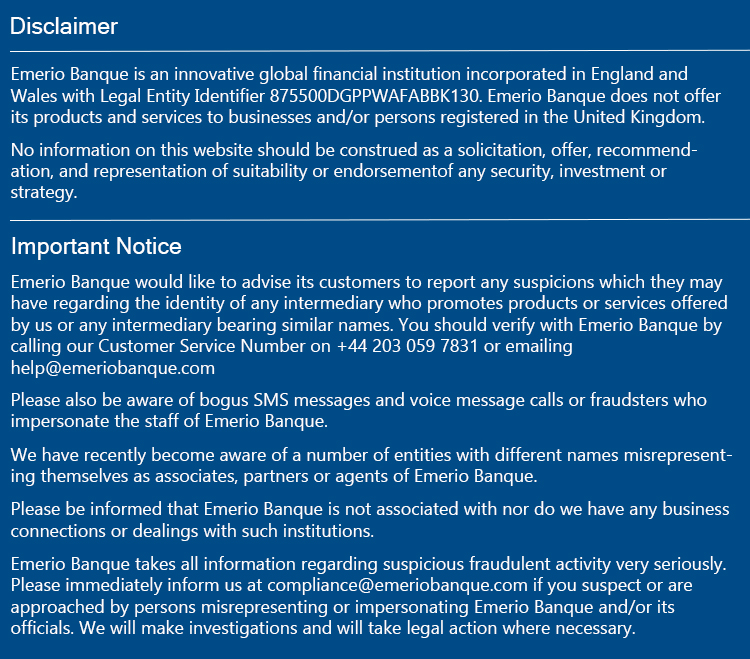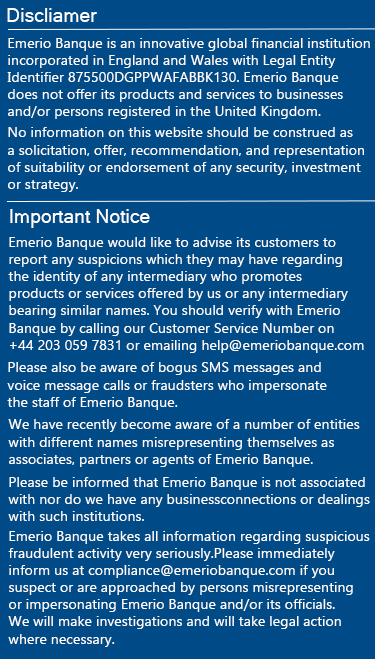Non-bank Trade Finance Providers Look To Boost Market Share
Amidst the COVID-19 crisis, when the entire supply chain is at the brink of complete mayhem, the emerging markets manufacturers, a key component of the supply chain, are also facing the brunt with ever diminishing demands.
The diminishing state of the EM manufacturers started ahead of the coronavirus disaster. If we go by the numbers, in the year 2019, trade finance requests of $1.5 trillion were rejected, as per the ADB. Further, as we reach 2025, the WEF (World Economic Forum) hints at a trade finance request rejection to soar up to $2.5 trillion.
In all of these, an online trade finance provider, Stenn, has come to the rescue with its trade finance program, seeking investment from some of the eminent financial service companies, like Barclays, Coface, and Crayhill Capital management. Stenn has managed to conjure up half a billion worth of investment to plug in the funding gaps for the manufacturing entities.
Considering the crisis that we are right in the middle of, Stenn seems to have done a good job in raising two rounds of investment indicating a high trust quotient of investors on the company's credit management system.
In a survey 700 medium-sized companies spread across nations, like the UK, US, and China, it was found that more than 80% of the total companies were willing to accept the trade finance program form a nonbank finance program.
The Chinese business was at the top of the list and showed great interest in accessing trade finance through nonbanking institutions. One question here is - why will businesses shift to a non-banking trade finance provider in the current time when banks have the capital?
Interestingly, the availability of the capital with the banks is quite a prominent differentiating factor between the current financial crisis and the financial fallout of 2008. The problem lies in the complexity of the procurement of finance through banks.
On the other hand, non-bank trade finance providers offer quick and easy access to funds. One of the crucial reasons as to why non-banking institutions can provide funds with such ease and rapidity is that they do not rely on the legacy system.
In a lone UK-based survey of 250 companies conducted by Stenn, it was found that more than 51% of the companies were positive of a healthy economic situation, despite Brexit and the initial COVID-19 outbreak.
With the arrival of the second week of June, the same voices screamed of economic blows due to geopolitical tensions and COVID-19 lockdowns, as the credit rating of some big companies faltered amidst the crisis. So, the need for a non-banking trade finance provider was always on the cards.
Other news
-
18.11.2020
US, China, And EU To Restructure Post Pandemic World Economy: Says Moody’s Analysis
-
17.11.2020
ADB And Seabank Partnered to Expand Trade Finance in Vietnam
-
10.11.2020
ITC Launch Trade Finance Guide For SME Importers And Exporters
-
06.11.2020
African Trade Finance Banks Urge MDBs To Take On Greater Levels Of Risk
-
04.11.2020
Russian Alfa-Bank Is The First Bank To Sign Contour International Trade Finance Network
-
02.11.2020
BIS Innovation Hub And The Hong Kong Monetary Authority Announce Techchallenge Winners
-
30.10.2020
Wipro To Buy Chennai Firm Encore Theme
-
28.10.2020
Report on Trade Finance Market - Global Market Key Players 2020 – Citigroup, BNP Paribas, ICBC, China Exim Bank - Analysis and Forecast to 2026
-
26.10.2020
ICICI Customers Can Now Execute Trade Finance Services Via Whatsapp
-
16.10.2020
Singapore Authorities Take A Major Step On Trade Finance Fraud By Eliminating Paper-based Transactions
Exchange Rates
- 21.11.2020
- Find out more



